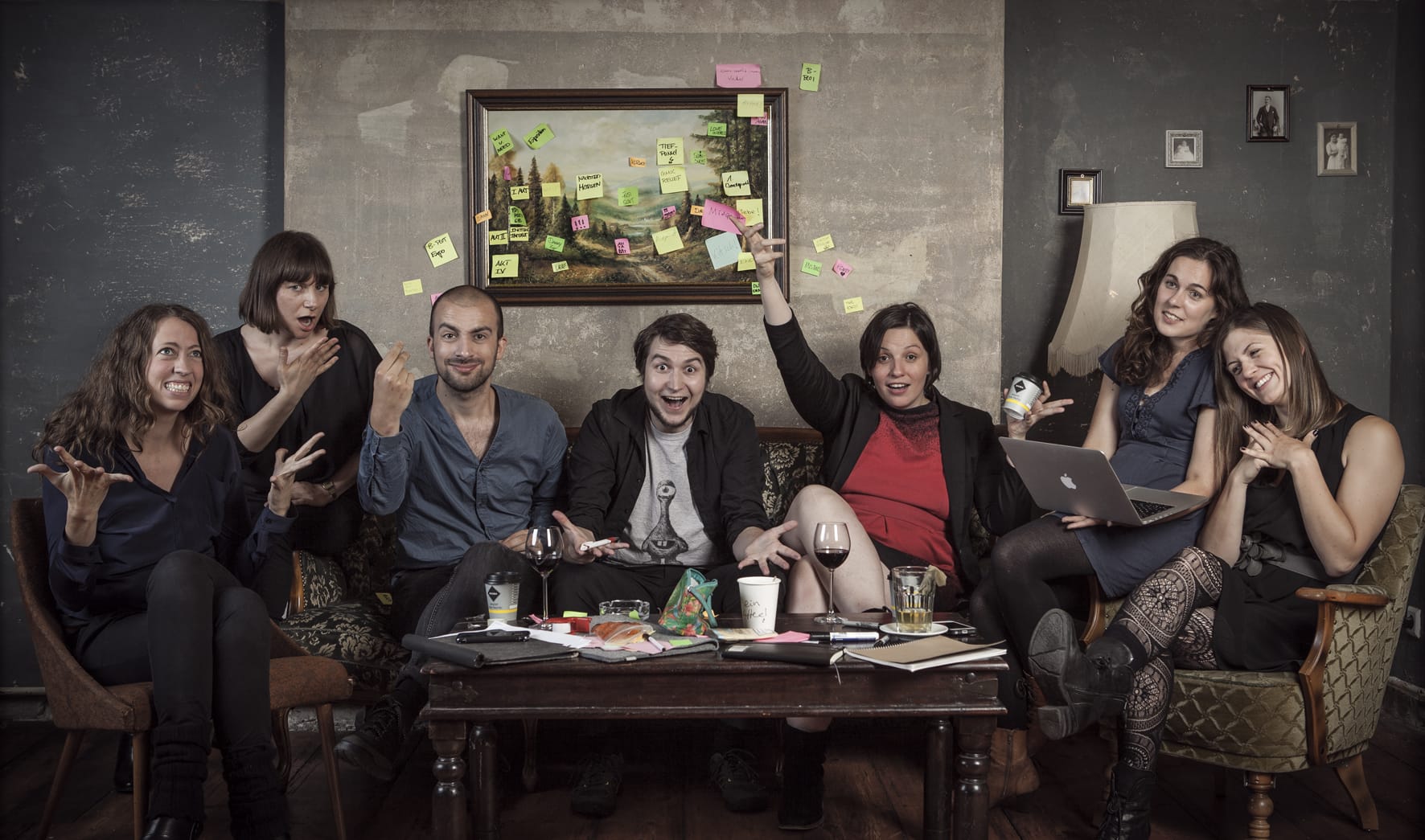Screenwriting
The curriculum screenwriting has been designed to develop the key skills necessary for a screenwriter to work in the current audiovisual environment.

We aim to enhance the individual writer’s craft and creativity in equal measure. Taking up to 10 students a year, we are looking for fresh, diverse and original voices. We encourage candidates may have had experience in other kinds of writing, whether fiction, theatre or journalism.
The screenwriter needs techniques to develop stories that are engaging, exciting and provocative. This toolbox can be applied to all formats, whether feature, television or web series.
Our teachers are experienced working professionals drawn from over the world who offer students a range of approaches to help solve their creative problems.
This is a practical course where writers learn by doing, theory folded into the process wherever needed. By graduation, each student will have a portfolio of work including pitch documents, treatments and finished screenplays.
Due to the international nature of filmmaking — and now television increasingly so — students are able to write both in German and in English.
In the first year, students of all disciplines are fully integrated, working together on a silent film, a short documentary and a short drama. As well as writing, they play different roles on the team; producer, director, camera, sound, editor. In this way, they gain an overview of the filmmaking process and build connections with the other students across the school. They learn to think of screenwriting as a visual and aural process. Screenwriters are filmmakers, working in creative collaboration.
In the second year, writers work on a short screenplay; a genre treatment and a feature project, developed under supervision from an industry mentor. In the third year, there is an independent feature module and a TV series module where writers are trained to work in a ‘writers room’ as well as developing solo projects. In addition, writers are advised on how to present themselves to the industry and possible career paths.
Finally students present a graduation script which can be a feature project or a TV series proposal and pilot, also with a development mentor.
As part of a very ambitious, lively and artistic school, our screenwriters benefit from the proximity of the school’s directors and producers. Film is a collaborative art and we encourage collaboration throughout the school, building effective creative teams across the disciplines.
Many screenwriters will work professionally as script editors/dramaturgs or development executives at some point in their careers. The DFFB is one of the only film schools in the world committed to teaching its screenwriters skills which will allow them to develop stories with others in these roles. Screenwriters will also be able to act as script editors in the DFFB’s commissioning and script development work, advising on projects of varying lengths to consolidate their development skills and increasing their chance to seeing their work filmed and edited.
Each year, supplementary to the course, DFFB students are involved in exercises set by industry partners. These projects are realized for broadcast television, as web series or other digital projects. Past collaborations have been with the rbb, the Medienboard Berlin Brandenburg and arte.
